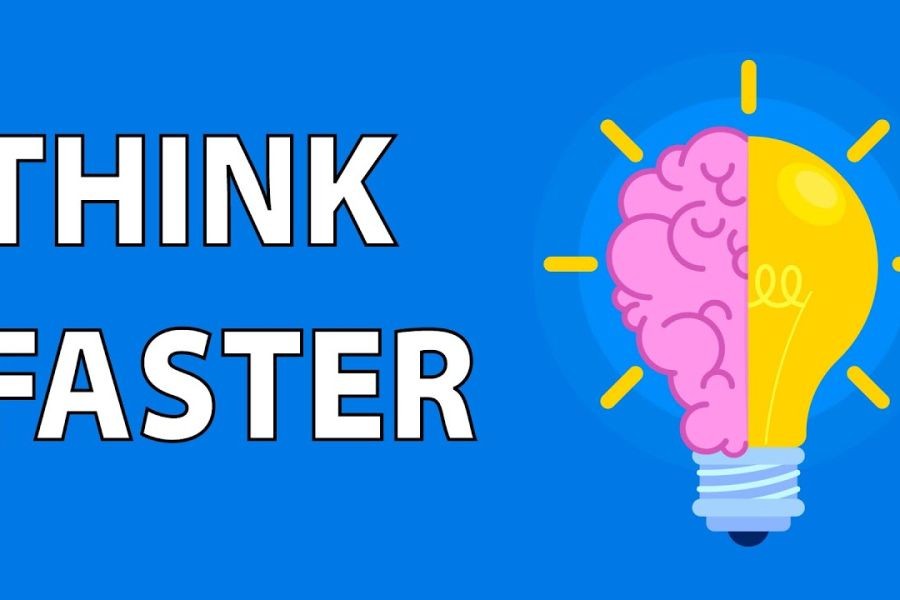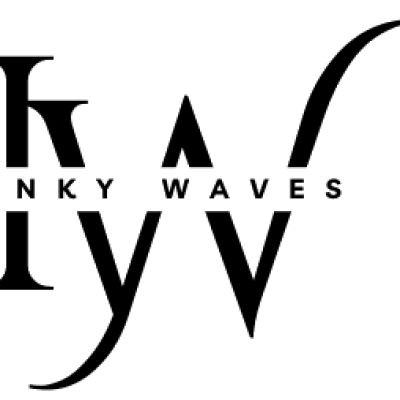In today's fast-paced world, the ability to think and make decisions swiftly is not just a desirable trait but a necessity, especially in the financial sector. For financial advisors in New Zealand, where market dynamics are influenced by unique local economic conditions, honing these skills can be the key to unlocking better client outcomes and personal success. The question then isn't just about how to improve cognitive speed but how to do so in a manner that's informed by local trends and challenges.
Understanding the Importance of Quick Thinking in Finance
Quick thinking and decision-making are crucial in financial advisory roles. In New Zealand, where the economy is influenced by factors such as the agricultural sector's performance and global trade partnerships, financial advisors often need to pivot strategies based on emerging data. According to Stats NZ, the country's GDP growth rate has seen fluctuations driven by external shocks like the COVID-19 pandemic and internal policy shifts, emphasizing the need for financial professionals to adapt rapidly.
The New Zealand Context: Economic Trends and Their Impact
New Zealand's economic landscape is unique, with its strong reliance on exports, particularly dairy, meat, and forestry products. According to the Ministry of Business, Innovation and Employment (MBIE), these sectors significantly contribute to the country's GDP. However, they are also susceptible to global trade tensions and climate change, which can create volatility. As a financial advisor, understanding these nuances is critical for making informed recommendations to clients.
Case Study: Adaptive Strategies in New Zealand's Banking Sector
One notable example of quick-thinking adaptation is seen in New Zealand's banking sector, where financial institutions have had to swiftly respond to changing regulatory environments and digital transformation. For instance, the Reserve Bank of New Zealand introduced new capital requirements for banks to ensure financial stability. Banks like ANZ and ASB quickly adapted their strategies, focusing on digital banking solutions to enhance customer service and streamline operations. As a result, these institutions not only complied with new regulations but also improved customer engagement and operational efficiency.
Training Your Brain: Techniques and Strategies
To enhance cognitive speed and decision-making, financial advisors can employ several techniques. These strategies are not just theoretical but grounded in neuroscience and psychology, providing practical benefits that can be applied in everyday financial scenarios.
The Role of Cognitive Flexibility
Cognitive flexibility refers to the brain's ability to switch between thinking about two different concepts or to think about multiple concepts simultaneously. This skill is crucial for financial advisors who need to juggle various financial products and strategies. By practicing tasks that require flexible thinking, such as learning a new language or engaging in complex problem-solving exercises, advisors can improve their mental agility.
Mindfulness and Its Impact on Decision Making
Mindfulness, the practice of maintaining a moment-by-moment awareness of thoughts, feelings, and surroundings, has been shown to enhance decision-making capabilities. Research from the University of Auckland suggests that mindfulness can reduce stress and improve focus, allowing financial advisors to make more considered decisions even under pressure.
Real-World Application: Mindfulness in Action
Auckland-based financial advisory firm, Kiwi Wealth, integrated mindfulness practices into their workplace, encouraging employees to engage in regular meditation sessions. This initiative led to a reported 30% increase in employee satisfaction and a noticeable improvement in decision-making speed and accuracy, as employees were better able to focus on client needs without being overwhelmed by stress.
Overcoming Common Myths in Decision Making
Despite the growing body of research supporting brain training techniques, several myths persist about decision-making in finance. It's crucial to debunk these to fully leverage cognitive training.
Myth vs. Reality
- Myth: "Intuition is unreliable in finance." Reality: While data-driven decisions are vital, intuition, honed through experience, can provide valuable insights, especially in rapidly changing markets.
- Myth: "Multitasking enhances productivity." Reality: Studies show that multitasking can impair cognitive function. Focused, singular tasks often yield better results.
- Myth: "Experience alone guarantees quick thinking." Reality: Continuous learning and adaptation are necessary to stay ahead in a dynamic industry.
Future Trends: Preparing for Tomorrow's Challenges
Looking ahead, financial advisors in New Zealand must prepare for emerging challenges and opportunities. The integration of artificial intelligence in financial services is set to revolutionize the industry, enhancing data analysis and client relationship management. According to a report by NZTech, AI adoption in finance could lead to a 20% increase in efficiency by 2025. Advisors who embrace these technologies will be well-positioned to offer superior services.
Prediction: The Rise of AI in New Zealand's Financial Sector
By 2028, it's predicted that over 50% of financial advisory services in New Zealand will incorporate AI-driven tools for portfolio management and risk assessment. This shift will necessitate a new set of skills for financial advisors, blending traditional financial acumen with technological proficiency.
Conclusion: Taking Action
In conclusion, training your brain for faster thinking and decision-making is not just an individual endeavor but a strategic necessity in New Zealand's financial landscape. By debunking myths, adopting mindfulness practices, and staying abreast of technological advancements, financial advisors can ensure they remain competitive and provide the best possible service to their clients.
Are you ready to enhance your cognitive abilities and boost your decision-making skills? Share your thoughts and strategies in the comments below!
People Also Ask
How does quick decision-making impact financial advisors in New Zealand? Quick decision-making allows financial advisors to navigate New Zealand's volatile economic landscape effectively, ensuring timely and informed client recommendations.
What are effective brain training techniques for financial advisors? Techniques such as mindfulness, cognitive flexibility exercises, and continuous learning are effective in enhancing decision-making speed for financial advisors.
Related Search Queries
- How to improve decision-making skills
- Mindfulness techniques for professionals
- Impact of AI on financial services
- Economic trends in New Zealand 2023
- Financial advisor strategies for 2024
By integrating these insights and techniques, financial advisors in New Zealand can stay ahead of the curve, ensuring they provide the best possible service to their clients in an ever-changing economic environment.




































vainacheminet4
6 months ago